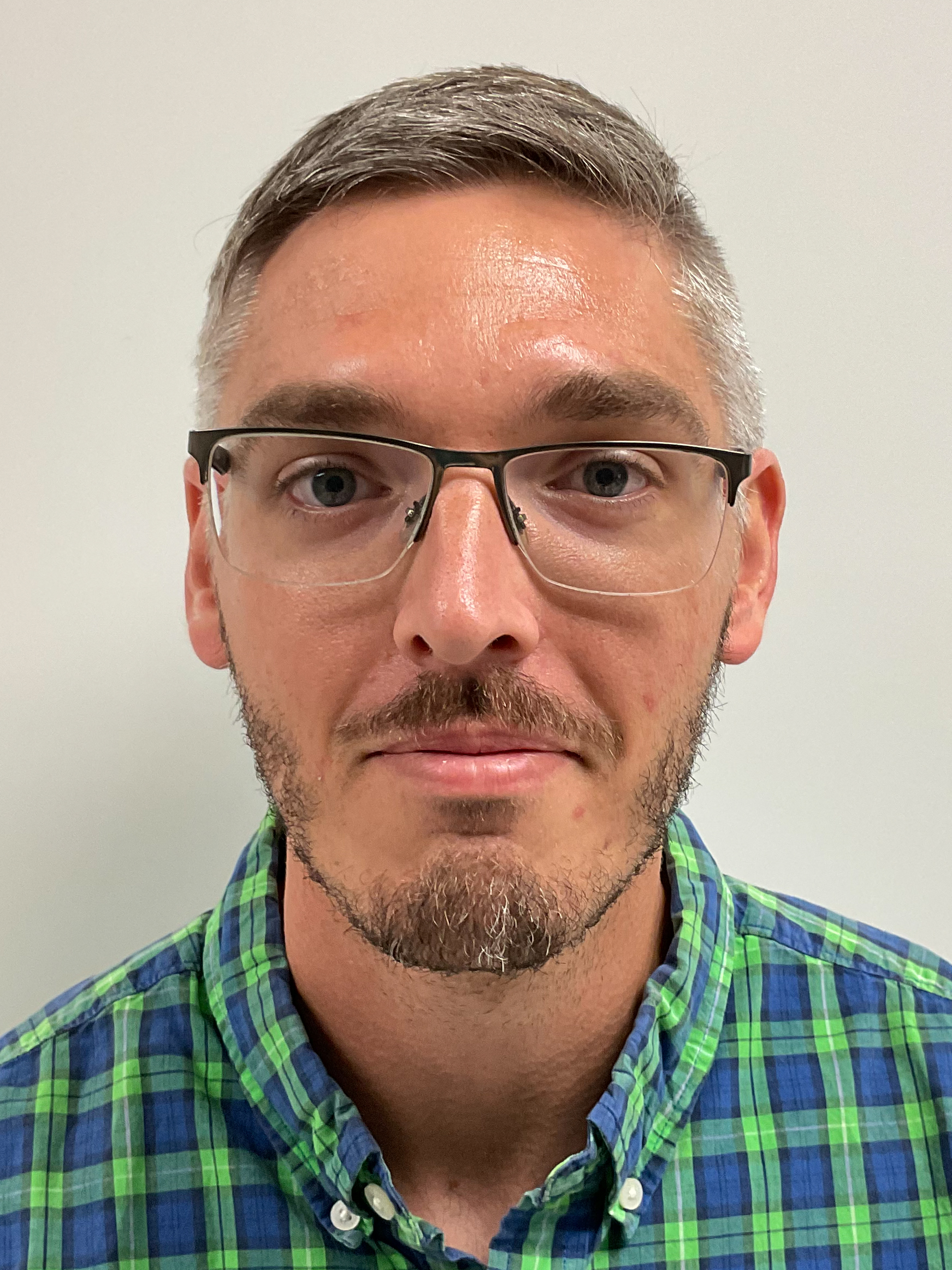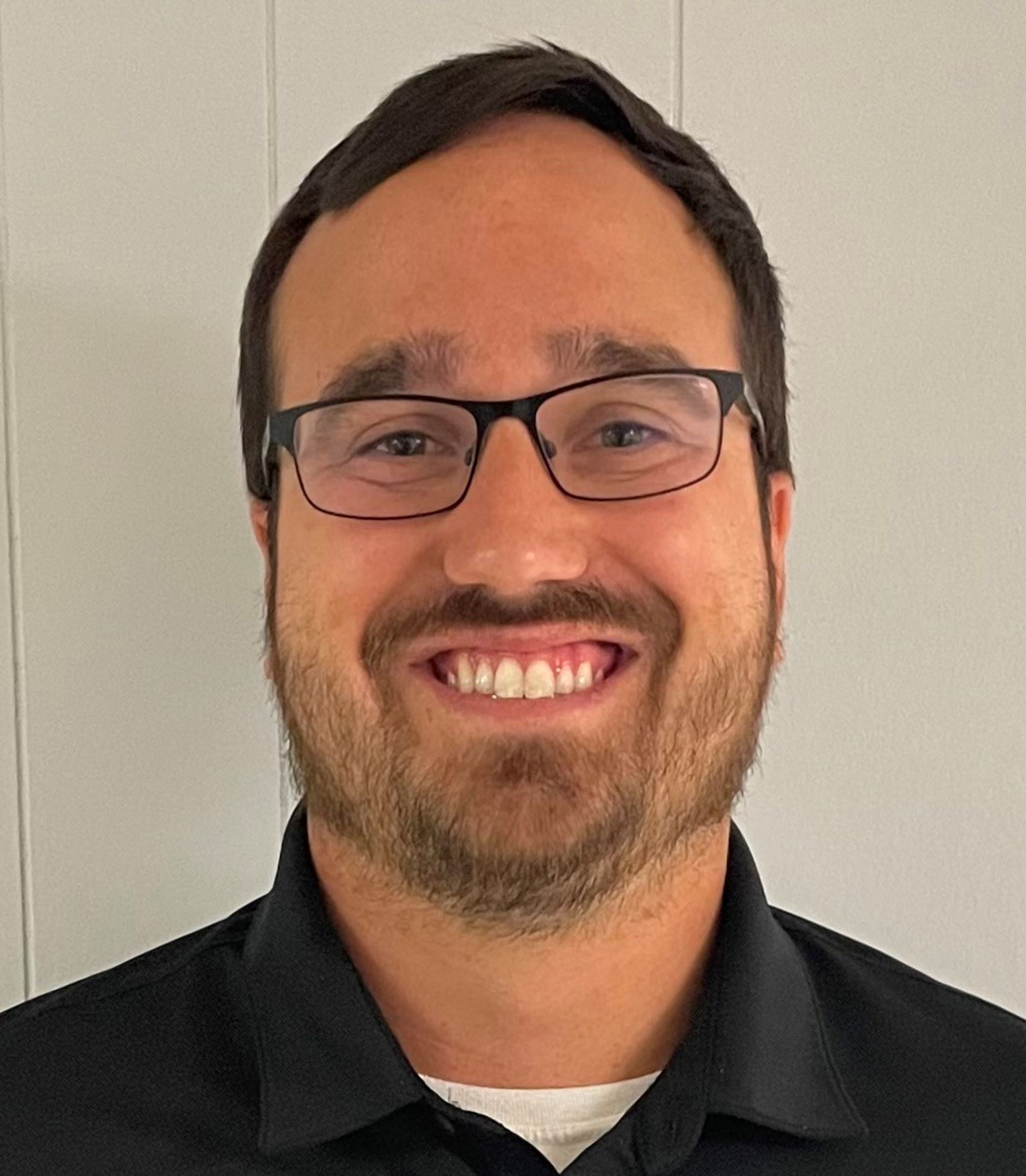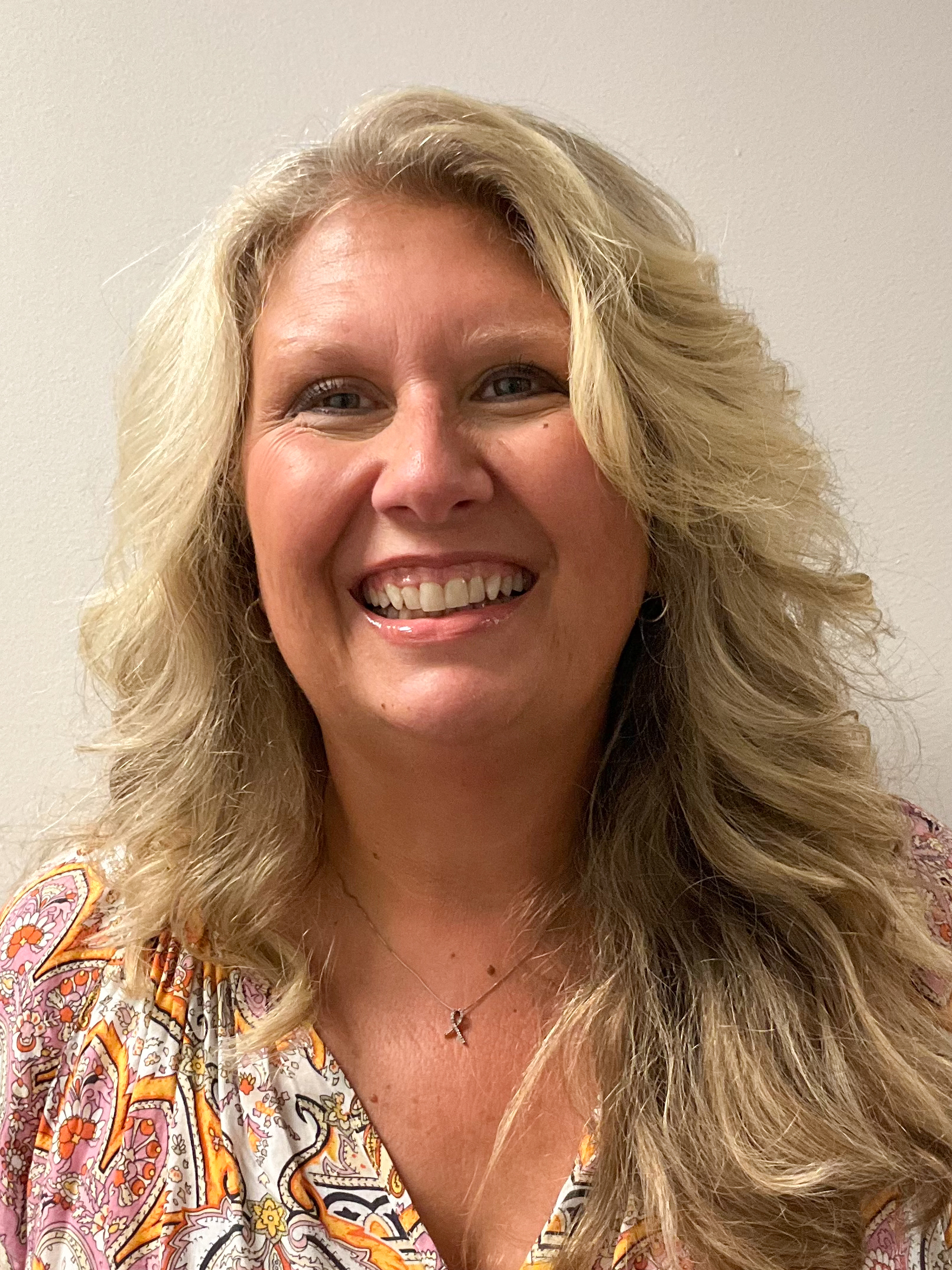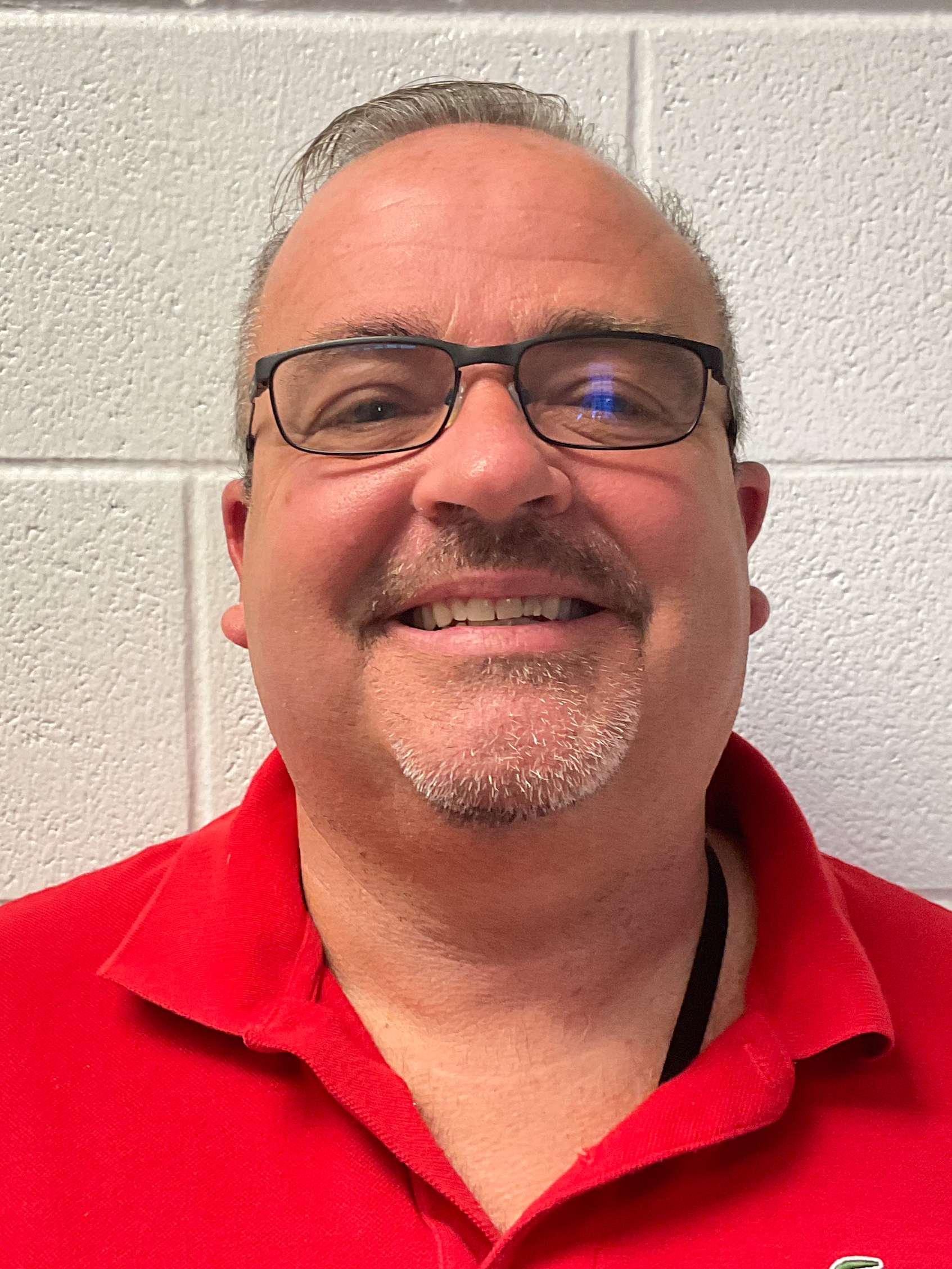Our School Counselors:

OCES
Mr. Nathan Gambrell
Email Mr. Gambrell
Office Phone: 502-484-4108

MBMS
Mr. Stuart Barnes
Email Mr. Barnes
Office Phone: 502-484-4147

OCHS
Ms. Michelle Cobb
Email Ms. Cobb
Office Phone: 502-484-4072

OCHS
Doug Wainscott
Email Mr. Wainscott
Office Phone: 502-484-4197
Comprehensive School Counseling Program
Counseling Beliefs
The School Counseling Program is based on developmental concepts and theories and recognizes the strengths of each individual. The program is preventative and proactive; it encourages students, staff, and community to appreciate the contributions, rights, and responsibilities of themselves and others.
The school counselors in Owen County Schools believe:
1. All students can achieve at high levels.
2. Every student is valuable and is treated with dignity and respect.
3. All students will have access to high quality school counseling services, provided by a full-time licensed, professional school counselor.
4. All students’ ethnic, cultural, racial differences are considered in the design and delivery of school counseling services.
5. All students can expect that school is a safe and nurturing environment.
The Owen County Schools Comprehensive School Counseling Program:
1. Is an integral part of the total educational process of the Owen County Schools.
2. Is planned, coordinated, managed, and evaluated by the school counselors.
3. Is available to all students to assist them with personal-social, educational, and career counseling needs.
4. Stimulates student learning.
5. Encourages supportive, positive parental involvement in the schools.
6. Helps build a positive school environment by encouraging collaboration among counselors, teachers, administrators, parents and the community to further student achievement.
7. Is continuously refined and improved through systematic review and evaluation of student performance data.
All counselors in the Owen County Schools:
1. Are guided by the Ethical Standards of American School Counseling Association and the Kentucky Framework of Best Practices for School Counselors.
2. Engage in scholarly professional development activities.
Roles of a School Counselor
LEADERSHIP AND ADVOCACY
School counselors at Owen County Schools lead efforts to advocate for programs, policies and practices that support an equitable, safe, inclusive and positive learning environment for all students. We hold a unique role in schools, as leaders and advocates for the well-being of the whole child - including students’ academic, career and social/emotional development. School counselors have a big picture view of the school community and span of student development and growth. In this role, we work as dedicated professionals who provide leadership and advocacy for the development, implementation and management of the comprehensive school counseling program. Through our ongoing collaborations with students, parents/guardians, families, school administrators and personnel, school counselors contribute to a caring school culture.
PROFESSIONAL RESPONSIBILITY, KNOWLEDGE AND GROWTH
School counselors at Owen County Schools adhere to the ethical standards of the profession and engage in ongoing professional learning with a focus on supporting students’ academic, career and social/emotional development. To this end, we seek learning opportunities specifically designed to increase relevant knowledge and enhance essential skills. To ensure our own effectiveness, we engage ourselves in a continuous process of reflective analysis, professional goal setting, self-assessment, learning and growth.
COMPREHENSIVE SCHOOL COUNSELING PROGRAM PLAN
School counselors at Owen County Schools have collaboratively envisioned a plan for our comprehensive school counseling program which is developmental, preventative and responsive, and in alignment with Owen County School’s goals and mission.
Owen County Comprehensive School Counseling Program Plan
The OCS Comprehensive School Counseling Program is a data-driven, preventative and responsive plan that is developmentally appropriate for each student, and aligns with research, national models and effective practices. It includes four components:
1) The School Counseling Core Curriculum
2) Individual Student Planning
3) Responsive Services
4) System Support
The School Counseling Core Curriculum is a plan of structured lessons or activities designed to build students’ knowledge and skills as appropriate on the developmental continuum. This may be done through classroom instruction, group activities, and parent workshops and instruction.
Individual Student Planning is when a school counselor assists students individually in understanding, monitoring and managing their development, and coordinates activities designed to help students with their goals and plans.
Responsive Services or interventions are provided by the school counselors to meet students’ immediate needs and concerns or to respond to specific problems that affect social/emotional or academic development. This includes crisis response, consulting with and referring to outside resources, peer facilitation, etc.
System Support includes those management activities needed to assure the implementation and ongoing evaluation of a high quality, developmental, comprehensive school counseling program. This includes professional development, collaborations and teaming, and data analysis.
School Counseling Program Focus Areas
K-4 Focus Areas | 5-8 Focus Areas | 9-12 Focus Areas |
Elementary school years are the entry level for students to participate in the school counseling program. Learning is focused on: ● Improving academic achievement and goal setting ● Pillars of Character (Trustworthy, Respect, Responsibility, Fairness, Caring, and Citizenship) ● Positive Behavior Interventions & Supports | Middle school years allow students to continue awareness activities, and learning is focused on: ● Improving academic achievement and goal setting ● Understanding Self and Career Exploration Process ● Respecting Self and Others ● Positive Behavior Interventions and Supports and Sources of Strength | High school years encourage continued awareness and exploration activities, learning is focused on skill development and planning activities and learning is focused on: ● Transitioning to Post-Secondary Education or career field ● Improving academic achievement and goal setting ● Positive Behavior Interventions and Supports and Sources of Strength |
